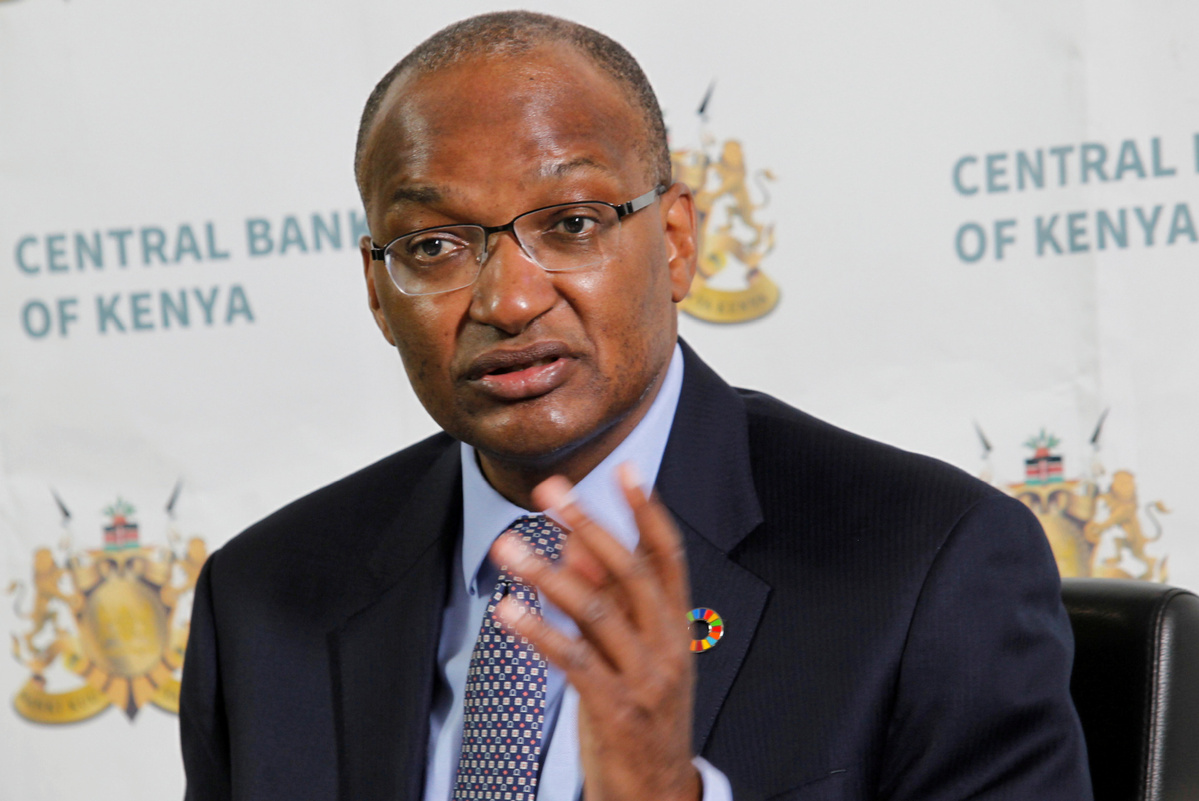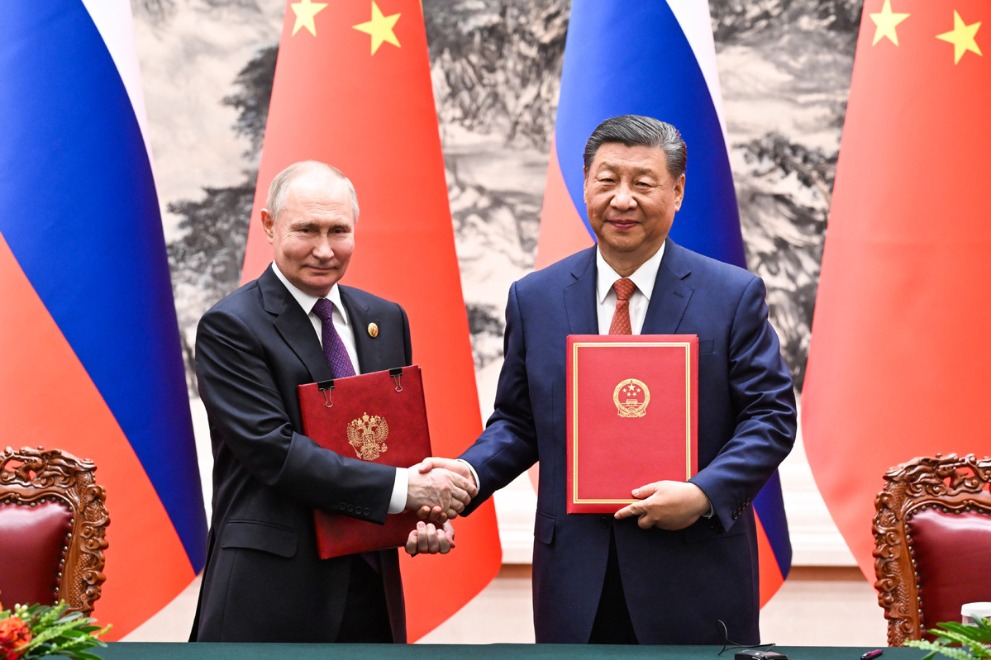More Kenyans shun cash in rush to mobile payments
By OTIATO OPALI in Nairobi, Kenya | China Daily | Updated: 2020-11-04 09:54

Kenyans are embracing mobile payments, making transactions of almost $150 million a day on their screens, in a trend hastened by the coronavirus pandemic.
Mobile payments and other transfers in September reached $4.4 billion-a record for the fast-emerging sector, a report from the Central Bank of Kenya, or CBK, shows. This marked a steady increase from the $4.35 billion in transactions made in August and $4.17 billion in July, said the report, which was released on Monday. The value of daily transactions has climbed as high as $147 million.
In June, the central bank extended a set of measures introduced to encourage the use of mobile payments during the pandemic. Some of these were made permanent while others were extended to the end of the year.
The measures, introduced in March at the onset of the pandemic, include the removal of charges on transactions of $10 or less to discourage the handling of cash in order to reduce the spread of the virus.
Users of mobile money services can also make free deposits into bank accounts. As a result, Kenyans are using mobile technology to pay for bus fares, shop at supermarkets, pay utility bills and generally transfer money.
The Kenyan government's incentives have spurred an increase in employment in the mobile money sector. According to the central bank, the sector employed 263,200 people in September, up from 240,261 in April, an indication of a broader switch to cashless transactions.
At the virtual Copenhagen Fintech Week Global in September, central bank governor Patrick Njoroge said that the digital space is key to an economic recovery in Kenya and across Africa. "With the devastation wrought by COVID-19 on small and medium-sized enterprises, we have noticed that the financing gap has widened," Njoroge said.
Bridging gap
"To bridge this gap, the CBK announced a raft of measures to facilitate increased use of mobile money transactions instead of cash in March.
"While the immediate objective was to reduce the risk of transmission of COVID-19 by handling bank notes, these measures will have also reduced the use of cash in the economy over the medium term."
In addition to waiving transaction fees to encourage mobile transactions, the central bank also barred unregulated digital mobile lenders in Kenya from forwarding the names of loan defaulters to credit reference bureaus and stopped the blacklisting of borrowers owing less than $10.
The steps were part of a stimulus package announced in March to cushion distressed businesses and families from the effects of the coronavirus pandemic, which has hit consumer demand and forced businesses to shed jobs and cut back their operations.
























